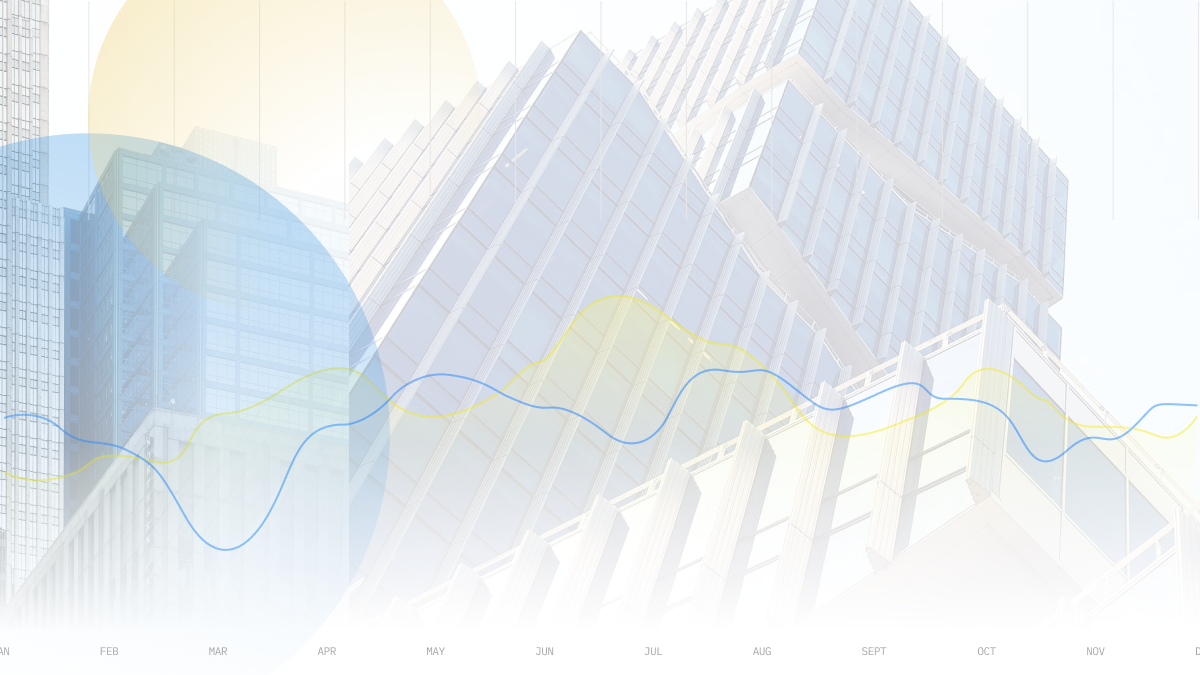




Policy Rate Updates: BSP outlook — cloudy with a chance of rate cut
 DOWNLOAD
DOWNLOAD

January Economic Update: Growth slows, prices rise
 DOWNLOAD
DOWNLOAD

Inflation Update: Up, up, and away?
 DOWNLOAD
DOWNLOAD



UPDATE 1-Philippines Q1 GDP tops forecasts, fastest in three quarters
Adds details, quotes
By Neil Jerome Morales and Enrico Dela Cruz
MANILA, May 12 (Reuters) – The Philippine economy grew faster than expected in the first quarter, giving the central bank scope to tighten monetary policy to tackle rising inflation, among the most pressing issues for the country’s newly-elected president.
The Bangko Sentral ng Pilipinas (BSP) holds its next policy meeting on May 19, with some analysts seeing higher chances for an interest rate hike as soaring inflation threatens to dampen consumer sentiment and derail the economic recovery.
The Southeast Asian country’s gross domestic product PHGDP=ECI rose 8.3% in the March quarter from a year earlier, faster than the 7.7% pace in the previous quarter, and above 6.6% growth forecast in a Reuters poll.
It was the fastest annual growth in three quarters, or since the June quarter of 2021 when it expanded 12.1%.
On a seasonally adjusted basis, the economy grew 1.9% in January-March from the previous quarter, the government said on Thursday.
Consumption climbed 10.1% as the government eased COVID-19 curbs after new daily cases dropped and with election-related spending adding a further boost. Government spending rose 3.6%.
But while the domestic economy appears to be on a solid footing, analysts say surging inflation and political risks in the Philippines could pose a problem for the economy as it recovers from the pandemic.
“A further surge in energy prices and rising political uncertainty pose downside risks to growth,” economists at Nomura said in a note.
The newly-elected president, Ferdinand Marcos Jr, will take the helm next month when current leader Rodrigo Duterte steps down.
Despite his decisive victory, however, Marcos’ economic agenda remains vague and he is a polarising political figure because of his dictator father’s brutal 20-year rule marred by widespread human rights abuses and plunder. nL3N2X12D7
(Additional reporting by Karen Lema; Editing by Jacqueline Wong)
This article originally appeared on reuters.com





 By Reuters
By Reuters